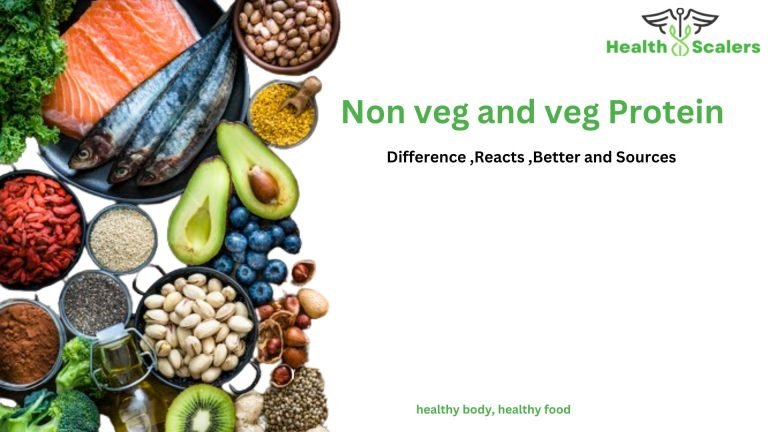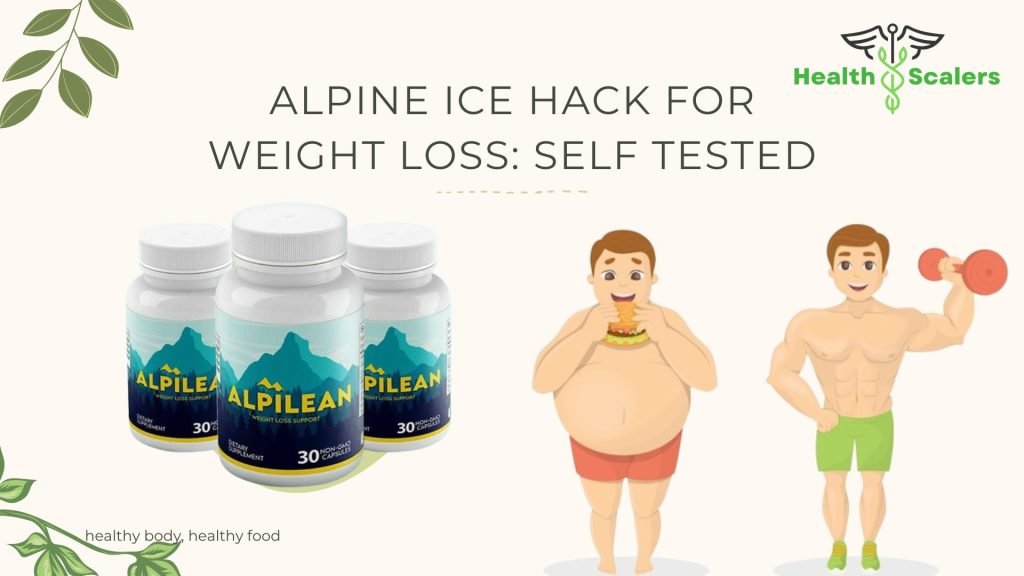
Introduction
Welcome to the world of nutrition where protein takes center stage. In this comprehensive guide, we will explore the fundamental aspects of protein, its daily requirements, vegetarian sources, composition, and the intriguing world of amino acids.
What is Protein?
Protein, often hailed as the building blocks of life, is a crucial macronutrient essential for the growth, repair, and maintenance of tissues in the body. Let’s delve deeper into its significance and role in our daily diet.
How Much Protein Should We Consume in a Day?
Embarking on a journey to a healthier you starts with a balanced diet, and protein is a cornerstone of that foundation.
The Protein Puzzle
Achieving the right balance is key. According to dietary guidelines, an average adult should consume about 0.8 grams of protein per kilogram of body weight. However, individual requirements may vary based on factors like age, activity level, and overall health.
Tailoring Protein Intake
- Activity Level Matters: Those engaged in intense physical activities or regular exercise might need more protein to support muscle repair and growth.
- Age and Stage: Children, pregnant women, and the elderly often have specific protein requirements. Consulting a nutritionist can provide personalized recommendations.
What Happens to the Excess Protein We Eat?

While protein is essential, consuming more than the body needs may lead to certain consequences.
Metabolic Process of Protein
- Protein Metabolism: Excess protein is broken down into amino acids, the building blocks of proteins, through a process called protein metabolism.
- Conversion to Energy: In some cases, the body may convert excess protein into energy. However, this process is less efficient than utilizing carbohydrates or fats.
Potential Health Impacts of Protein
- Kidney Strain: Prolonged excessive protein intake may strain the kidneys, potentially leading to kidney issues.
- Digestive Discomfort: Overconsumption may cause digestive discomfort, including bloating and constipation.
Vegetarian Sources of Protein

For those opting for a vegetarian or plant-based diet, ensuring sufficient protein intake is essential.
Plant-Powered Protein
- Legumes and Pulses: Beans, lentils, and chickpeas are excellent sources of plant-based protein.
- Quinoa: A complete protein source, quinoa contains all nine essential amino acids.
- Nuts and Seeds: Almonds, chia seeds, and hemp seeds are rich in protein and healthy fats.
Incorporating Protein into Vegetarian Meals
- Protein-Packed Salads: Combine a variety of vegetables with protein-rich ingredients like tofu, tempeh, or edamame.
- Grain Bowls: Build nourishing grain bowls with a mix of whole grains, vegetables, and legumes.
What Protein is Made Of?
Let’s uncover the composition of this mighty macronutrient.
Protein Structure
- Proteins are made up of amino acids linked together in chains.
- Folding and bonding create complex three-dimensional structures.
Essential Role Protein in the Body
- Enzymes: Facilitate chemical reactions.
- Antibodies: Crucial for immune defense.
- Collagen: Provides structure to skin, hair, and nails.
Digestion and Absorption of Protein
- Stomach acid breaks down proteins into peptides.
- Enzymes in the small intestine further break down peptides into amino acids for absorption.
What are Amino Acids in Protein?
Understanding amino acids is key to grasping the building blocks of protein. Let’s break it down.
What are Amino Acids?
- Amino acids are the fundamental units of protein.
- Essential amino acids must be obtained through diet.
- Non-essential amino acids can be synthesized by the body.
The Importance of Essential Amino Acids
- Support muscle growth and repair.
- Contribute to immune function.
- Aid in neurotransmitter synthesis.
Complete vs. Incomplete Proteins
- Complete proteins contain all essential amino acids (e.g., meat, dairy, soy).
- Complement incomplete proteins by combining different sources.
Best Food Combinations to Get Protein
Protein is an essential macronutrient that plays a vital role in muscle repair, immune function, and overall well-being. Here, we’ll discuss some of the best food combinations to ensure you’re getting the most out of your protein intake.
Power-Packed Protein Sources
Kickstart your protein journey with a variety of sources:
- Lean meats: Chicken, turkey, and fish
- Plant-based options: Beans, lentils, and tofu
- Dairy products: Greek yogurt and cottage cheese
Perfect Pairings
Enhance protein absorption with strategic combinations:
- Grains and legumes: Rice and beans provide a complete protein profile.
- Nut butter and whole grain bread: A tasty blend of protein and healthy fats.
Quick and Easy Protein-rich Snacks
For those on-the-go moments:
- Hard-boiled eggs
- Nuts and seeds
- Protein smoothies with fruits and yogurt
Conclusion:
Armed with this comprehensive guide, you are now equipped to the world of protein with confidence. Whether you are a fitness enthusiast, a vegetarian, or someone simply curious about nutrition, understanding the ins and outs of protein is a key step towards a healthier, more informed lifestyle. Embrace the power of protein, and let your journey to optimal nutrition begin!




